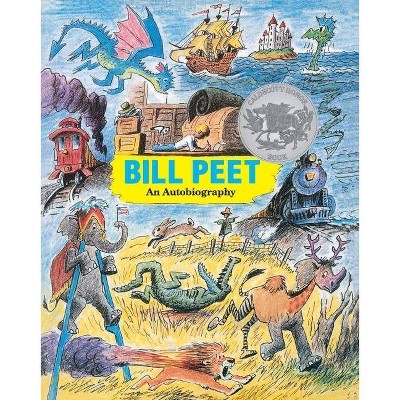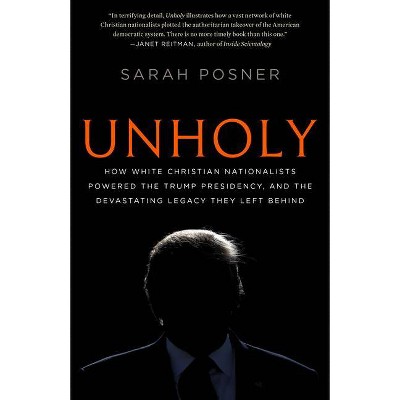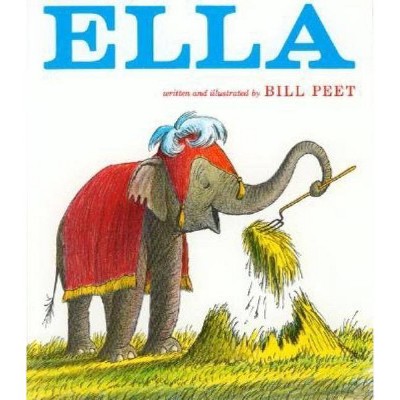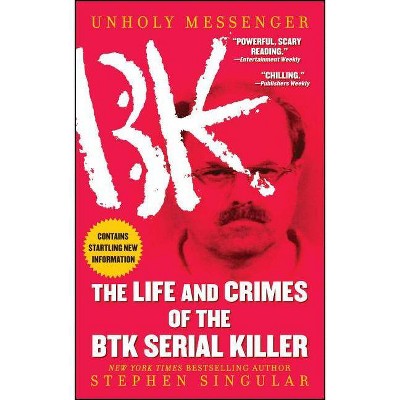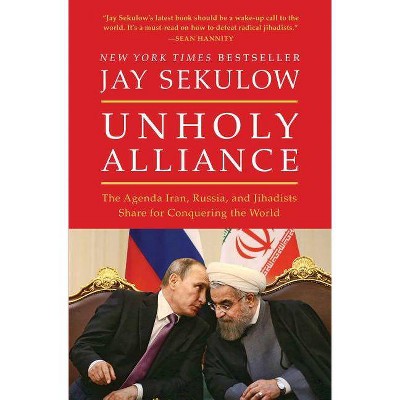Unholy Trinity - 2nd Edition by Richard Peet (Paperback)
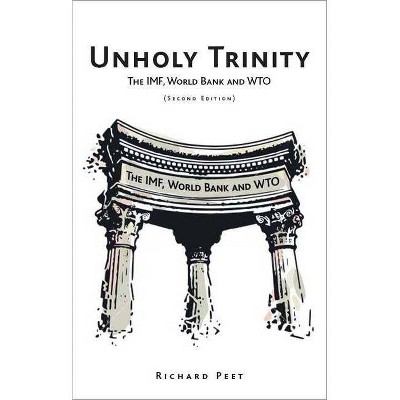
Similar Products
Products of same category from the store
AllProduct info
<p/><br></br><p><b> Book Synopsis </b></p></br></br><p>Who really runs the global economy? Who benefits most from it?</p><p>The answer is a triad of 'governance institutions' - The IMF, the World Bank and the WTO. Globalization massively increased the power of these institutions and they drastically affected the livelihoods of peoples across the world. Yet they operate undemocratically and aggressively promote a particular kind of neoliberal capitalism. Under the 'Washington Consensus' they proposed, poverty was to be ended by increasing inequality.</p><p>This new edition of Unholy Trinity, completely updated and revised, argues that neoliberal global capitalism has now entered a period of crisis so severe that governance will become impossible. Huge incomes for a small number of super-rich people produced an unstable global economy, rife with speculation and structurally prone to crises. The IMF is in disgrace, the WTO can hardly meet anymore and the World Bank survives as a global philanthropist. Is this the end for the Unholy Trinity?</p><p/><br></br><p><b> Review Quotes </b></p></br></br><br><p>"This is a great book" --<i>David Harvey, CUNY</i> <p/>"This new edition of the Unholy Trinity offers a timely and razor-sharp analysis of the predicament the world economy is in today and how we got there. With characteristic panache, Peet shows why neoliberal orthodoxy got it so totally wrong and details its disastrous social and economic consequences. A must read for those who wish to understand who is responsible, and what needs to be done to turn the world into a more genuinely humanising place for all." --<i>Erik Swyngedouw, University of Manchester</i> <p/>"Unholy Trinity provides an important history lesson of how the IMF, World Bank, and WTO were twisted from their original mandates to serve the interests of corporate globalization." --<i>John Cavanagh, Institute for Policy Studies</i> <p/>"Invaluable to students and activists alike, this is the essential introduction to the unelected government of the world economy." --<i>Mike Davis, author of Planet of Slums</i> <p/>"This is a terrific book...It is politically committed, theoretically sophisticated, analytically incisive, empirically rich, thoroughly engaged, and full of devastating one-liners that greatly enliven its reading." --<i>Roger Lee, Economic Geography</i></p><br><p/><br></br><p><b> About the Author </b></p></br></br><p>Richard Peet is Professor of Geography at Clark University. He grew up near Liverpool and attended the LSE, the University of British Columbia and the University of California, Berkeley. His main interests include development, policy regimes, globalization, power, social theory, philosophy and Marxism. He was editor of Antipode: A Radical Journal of Geography for many years. He also co-edited Economic Geography, and is now editor of Human Geography, a new journal. His is the author of twelve books including (with Elaine Hartwick) Theories of Development (2008); (with Michael Watts) Liberation Ecologies (2004) and Geographies of Power (2007).<br>Richard Peet is Professor of Geography at Clark University. He grew up near Liverpool and attended the LSE, the University of British Columbia and the University of California, Berkeley. His main interests include development, policy regimes, globalization, power, social theory, philosophy and Marxism. He was editor of Antipode: A Radical Journal of Geography for many years. He also co-edited Economic Geography, and is now editor of Human Geography, a new journal. His is the author of twelve books including (with Elaine Hartwick) Theories of Development (2008); (with Michael Watts) Liberation Ecologies (2004) and Geographies of Power (2007).</p>
Price History
Cheapest price in the interval: 34.99 on October 27, 2021
Most expensive price in the interval: 34.99 on November 8, 2021
Price Archive shows prices from various stores, lets you see history and find the cheapest. There is no actual sale on the website. For all support, inquiry and suggestion messagescommunication@pricearchive.us
